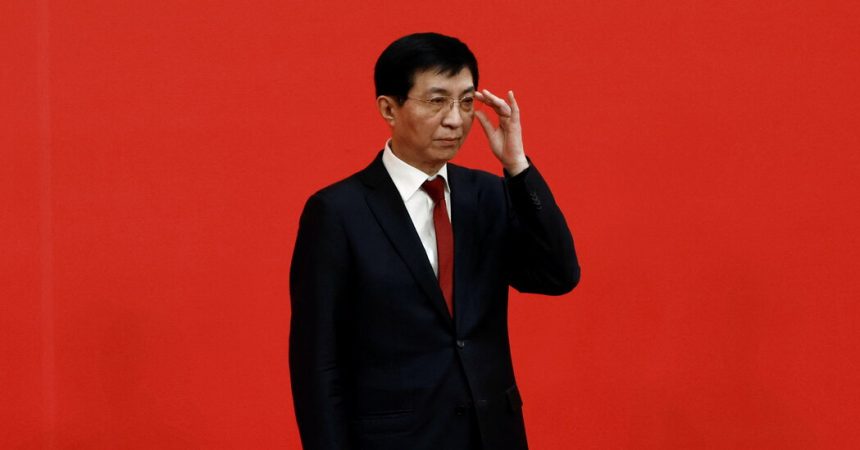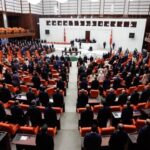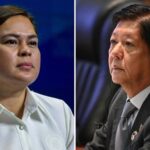When Xi Jinping held the first-ever talks in Beijing with a former president of Taiwan, seeking to press the island closer to unification, a bookish-looking official stood out for his ease around China’s leader.
While others treated Mr. Xi with stiff formality, the official, Wang Huning, spoke confidently in his presence and sat next to him during the meeting, said Chiu Kun-hsuan, a member of the delegation that accompanied Ma Ying-jeou, the former Taiwanese president.
The scene gave a glimpse of one of the most important, yet little understood, relationships in China: between Mr. Xi, the country’s most powerful leader in decades, and Mr. Wang, the ruling Communist Party’s most influential ideological adviser in decades.
“He has the top leader’s full trust,” Professor Chiu, an emeritus scholar at National Chengchi University in Taipei, Taiwan’s capital, said of Mr. Wang. “Wang Huning’s influence has been in ideology, but now in China under Xi Jinping, ideology connects everything.”
Given the opaque nature of Chinese politics, the world often fixates on Mr. Xi, who since taking power in 2012 has centralized control and surrounded himself with loyalists, making it hard to know whose views he most values. In his circle, Mr. Wang stands out for rising to the top despite never having led a province or city, and for advising three successive Chinese leaders across three decades — a rare feat of adaptability and survival.

This photograph released by Chinese state media in April shows Mr. Wang sitting to Mr. Xi’s left during talks in Beijing with Ma Ying-jeou, a former president of Taiwan.Credit…Xie Huanchi/Xinhua, via Associated Press











